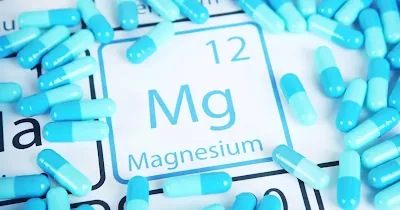It is always preferable to get your vitamins and minerals from the foods you eat. However, alternative medications and supplements are becoming more and more popular. In fact, diabetics are more likely to consume supplements than people without the condition, according to the American Diabetes Association.
Supplements should not be used in place of prescribed diabetic medication. Your health might be at danger if you do this.
Prior to using any supplements, it is crucial to see your doctor. Some of these items may interact negatively with other drugs and therapies. A product is not necessarily safe to use just because it is natural.
Here are 6 supplements shown in studies to improve diabetes-related health:
Probiotics
Probiotics can reduce insulin and blood sugar levels. They aid in preventing yeast infections, which are frequent among diabetics, as well as urinary tract infections. The correct bacteria in your gut can enhance bowel and insulin function as well as aid in weight reduction.
Berberine
According to trials conducted in China, berberine is just as efficient in lowering blood sugar levels as metformin. It enhances the way insulin works, lowers the liver's generation of glucose, and slows down the pace at which carbohydrates are broken down in the stomach. It has been discovered to alleviate renal illness and neuropathy (nerve discomfort).
At excessive dosages, berberine can have adverse effects on the digestive system, including cramping in the stomach. Usually, it is consumed along with food. A 500 mg dosage used twice or three times each day is frequently advised by naturopathic practitioners.
Thiamine/Vitamin B-1
The name "thiamine" refers to vitamin B-1. Thiamine deficiency affects a large number of diabetics. This might be a factor in some diabetic problems. Heart disease and blood vessel damage have been related to low levels of thiamine.
Water can dissolve thiamine. It struggles to enter the cells where it is needed. However, a supplementary version of thiamine called benfotiamine is lipid-soluble. Cell membranes can be penetrated more readily. According to certain studies, benfotiamine can help reduce diabetes complications. Other research, though, has not revealed any advantageous outcomes.
Magnesium
Magnesium helps with blood pressure control and it controls insulin sensitivity as well. Magnesium supplements may help diabetics become more sensitive to insulin.
A diet high in magnesium may also lower the chance of developing diabetes. Higher magnesium consumption is associated with a decreased risk of diabetes and insulin resistance, according to research.
Alpha-Lipoic Acid
A substance like a vitamin called alpha-lipoic acid, or ALA, is a potent antioxidant made in your liver and present in various foods including spinach, broccoli, and red meat.
It may;
- Diminish oxidative stress
- Decreases in fasting blood sugar
- Reduction of insulin resistance



0 Comments
Post a Comment
Share your views